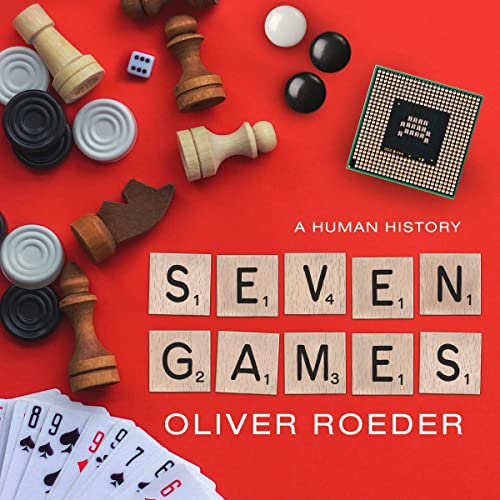2018 School Spending Survey Report
Seven Games: A Human History
COPY ISBN
VERDICT This melancholy yet intriguing assessment of parlor games’ role in shaping our past and AI’s future is an optional audio purchase.
ALREADY A SUBSCRIBER? LOG IN
We are currently offering this content for free. Sign up now to activate your personal profile, where you can save articles for future viewing




Comment Policy:
Comment should not be empty !!!